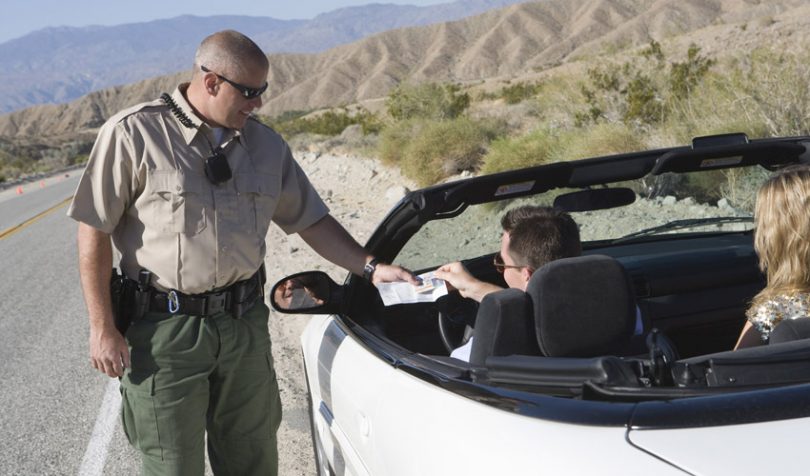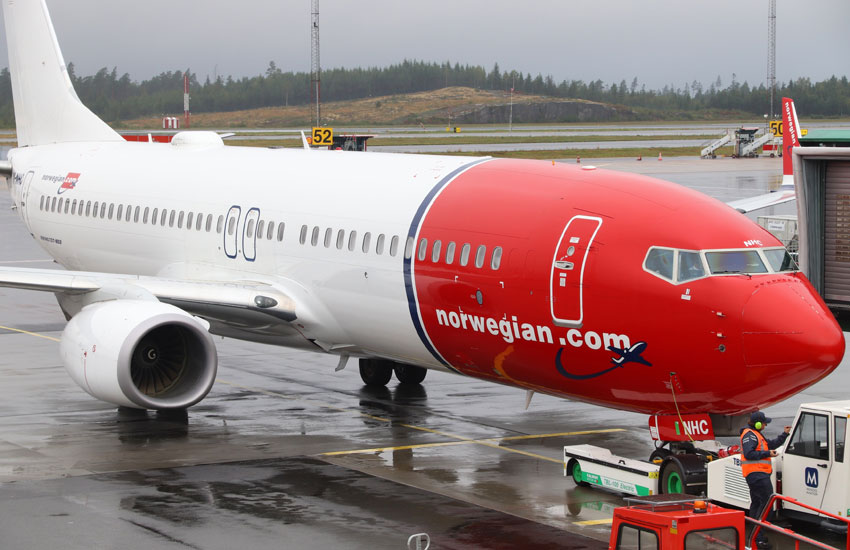In the current social distancing climate, there is a strong trend towards touch free interactions. If stopped by a police officer, most drivers have to hand over a paper-based proof of insurance. The Institutes RiskStream Collaborative announced the completion of a contactless proof of insurance test involving COUNTRY Financial.
RiskStream is the U.S. headquartered insurance consortium with more than 40 property and casualty members and a dedicated life and annuities group.
The trial involved verifying proof of insurance with another carrier. Using the application, drivers can present their insurance information by using a QR code or an access key rather than a paper insurance card.
This is the second application that is expected to launch on RiskStream’s Canopy blockchain platform. The first relates to the initial notification of an auto accident claim. The solution leverages R3’s Corda enterprise blockchain and the alliance is working with Accenture.
“In the wake of COVID-19, more consumers are seeking and using contact-free technology to conduct transactions. This type of blockchain solution can make that possible,” said Christopher McDaniel, president of the RiskStream Collaborative.
This was confirmed by an April Mastercard survey that found that 82 percent of respondents regard contactless as the cleaner way for payments. Its data showed a 40 percent global growth in contactless transactions in Q1 2020.
“We are proud to be part of this project and others with the RiskStream Collaborative, which present a potential transformation in the way our clients interact with us and others during their time of need,” said Andrew Mizell, enterprise innovation project lead at COUNTRY Financial.
Meanwhile, RiskStream is yet to launch its first application into production. The First Notice of Loss solution for auto accidents had extensive member testing last year. Earlier this year, RiskStream ran tests with typical production loads.
However, it was planned that insurers run the application in parallel to existing systems in Q1. We have asked whether COVID-19 disrupted this. Hence, the article will be updated later today.






